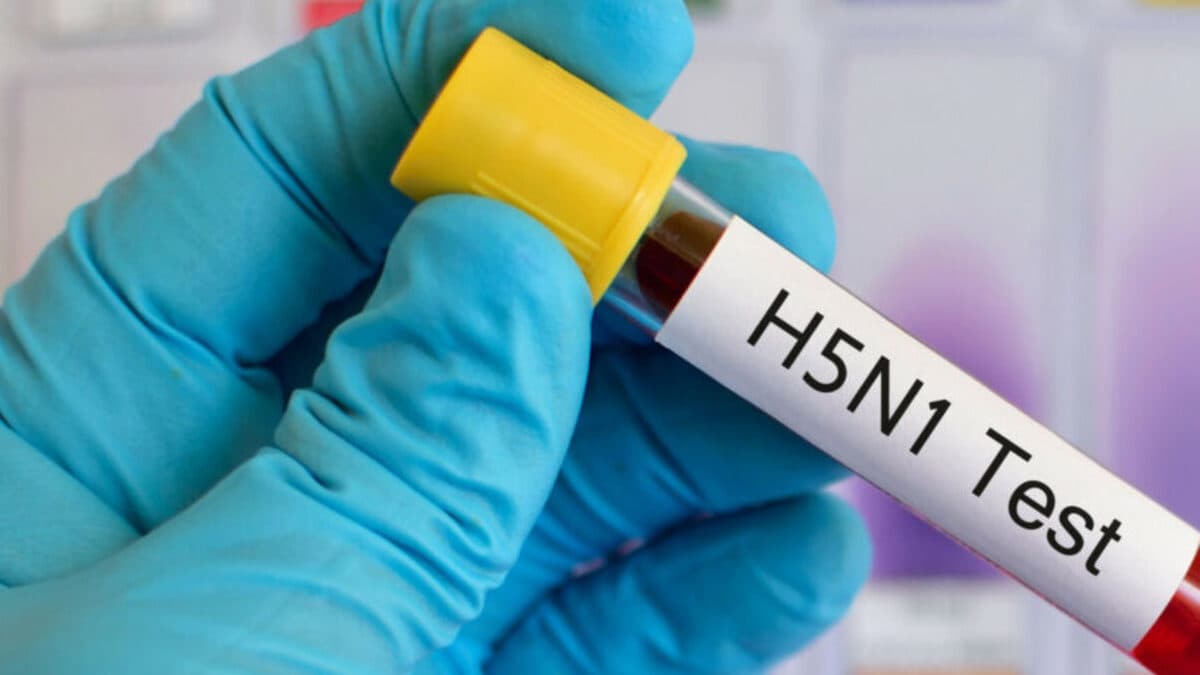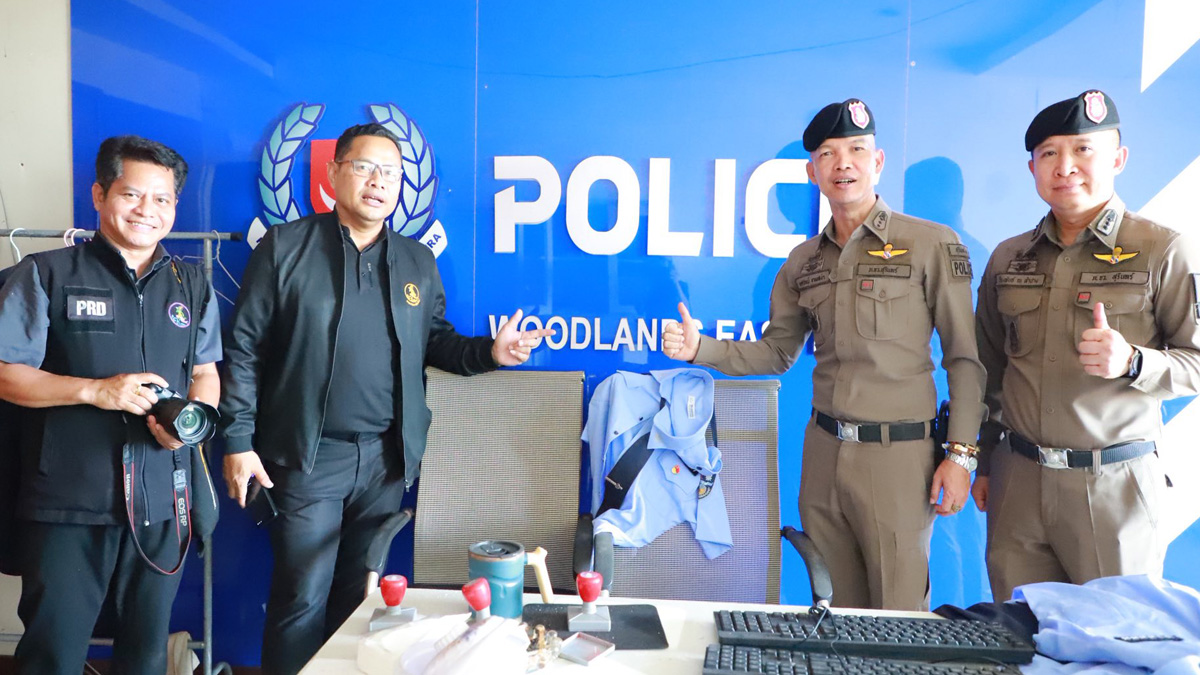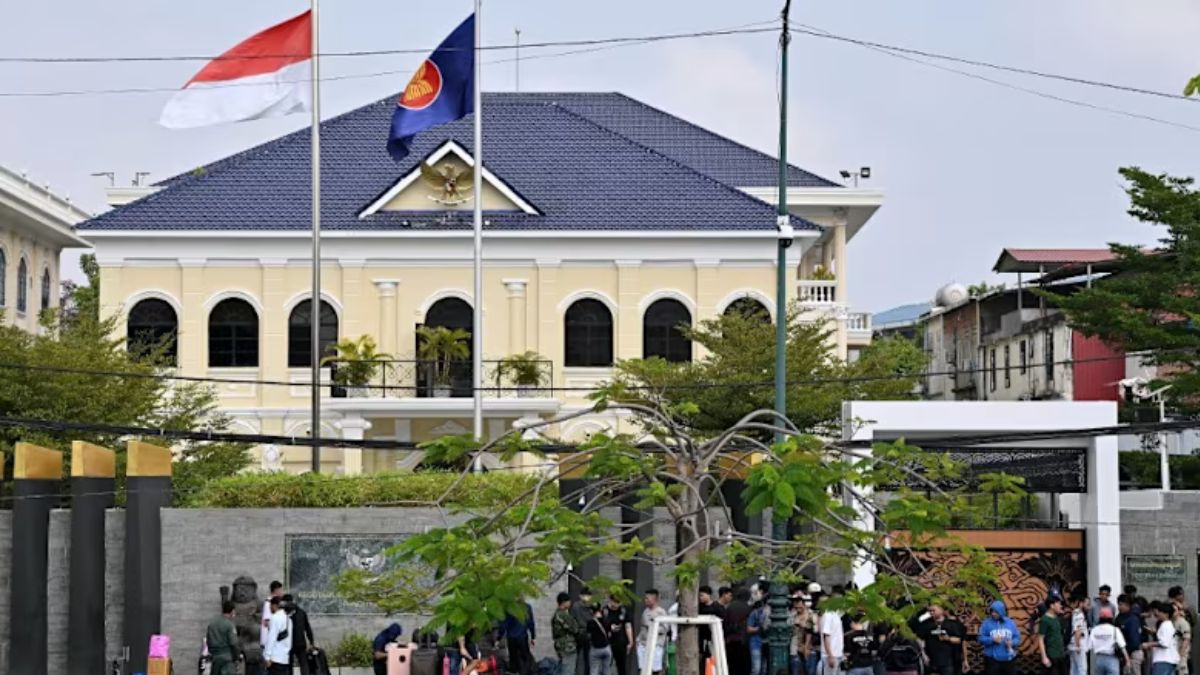Cambodia confirms sixth H5N1 death in 2025 as authorities expand poultry checks and surveillance
Cambodia has recorded its sixth H5N1 fatality of 2025 after a man from Kampong Thom Province died following confirmed avian influenza infection, health authorities said.

- Cambodia has confirmed its sixth H5N1 fatality of 2025, involving a man from Kampong Thom Province.
- Health authorities say the case is likely linked to exposure to infected backyard poultry.
- The World Health Organisation urges continued vigilance as investigations and surveillance intensify.
Cambodia’s Ministry of Health has confirmed the country’s sixth H5N1 fatality of 2025 after a middle-aged man from Kampong Thom Province died from the virus.
In a statement issued on 17 November 2025, officials said the man developed fever and severe respiratory symptoms before being admitted to the provincial referral hospital. Laboratory tests conducted in Phnom Penh later confirmed H5N1 infection, and he died shortly after his condition worsened despite antiviral treatment.
Preliminary investigations indicate the man may have been exposed to infected poultry in his village. Neighbours reported that several backyard chickens had died in recent weeks.
Health authorities have collected environmental samples and poultry carcasses for further analysis, though they stressed there is no evidence of human-to-human transmission.
The ministry’s epidemiology team has placed close contacts under active monitoring.
None have shown symptoms so far. Local residents have been advised to report any unusual illness, particularly severe flu-like signs, as surveillance continues.
The World Health Organisation said it was notified of the case through its International Health Regulations system.
A WHO spokesperson noted that Cambodia has experienced periodic H5N1 cases over the years and warned that vigilance remains essential due to the virus’s high mortality rate. Most human infections stem from close contact with infected birds, and the virus rarely spreads between people.
In response, the Ministry of Agriculture, Forestry and Fisheries has launched poultry inspections in Kampong Thom, with veterinarians culling birds in areas where unexplained poultry deaths have been reported. Market disinfection measures have been expanded to curb potential spread.
Authorities urged residents to avoid handling sick or dead poultry, cook all poultry products thoroughly, and maintain strict hand hygiene. Health workers are conducting door-to-door education campaigns to raise awareness of early symptoms and encourage prompt medical care.
Experts say the latest case underscores longstanding challenges in rural poultry management. Prof Sok Dara, an infectious disease specialist in Phnom Penh, said free-ranging backyard farming makes surveillance difficult and called for stronger veterinary reporting systems to prevent future outbreaks.
According to the Ministry of Health, Cambodia’s six H5N1 deaths recorded this year have already surpassed the total reported in 2024. Officials warned that seasonal trends and increased poultry movement may push numbers higher, though the overall risk to the public remains low with proper precautions.
International partners continue supporting Cambodia’s response efforts. The WHO is helping review surveillance capacity and conducting genetic sequencing of the virus sample to check for mutations that could affect transmissibility or drug resistance. Results will be released once analyses are completed.
Neighbouring provinces have been told to heighten monitoring at medical facilities. Doctors have been asked to test for H5N1 in patients presenting with unexplained severe respiratory infections.
The ministry reiterated that antiviral drugs are most effective when given early and urged anyone with persistent fever or breathing difficulty to seek treatment immediately.
Local community leaders expressed concern about the economic effects of culling on families who depend on small-scale poultry farming. Officials said compensation mechanisms are being reviewed to support affected households.
Public health messages are being broadcast through rural radio networks, focusing on reducing contact with diseased birds and recognising early signs of infection. Long-term prevention, experts say, will require higher biosecurity standards, such as separating poultry from residential areas and regulating flock movement.
Authorities emphasised that investigations into the latest case are ongoing but urged the public to remain calm. They said the risk of human-to-human transmission remains low and pledged to provide further updates as more information becomes available.







